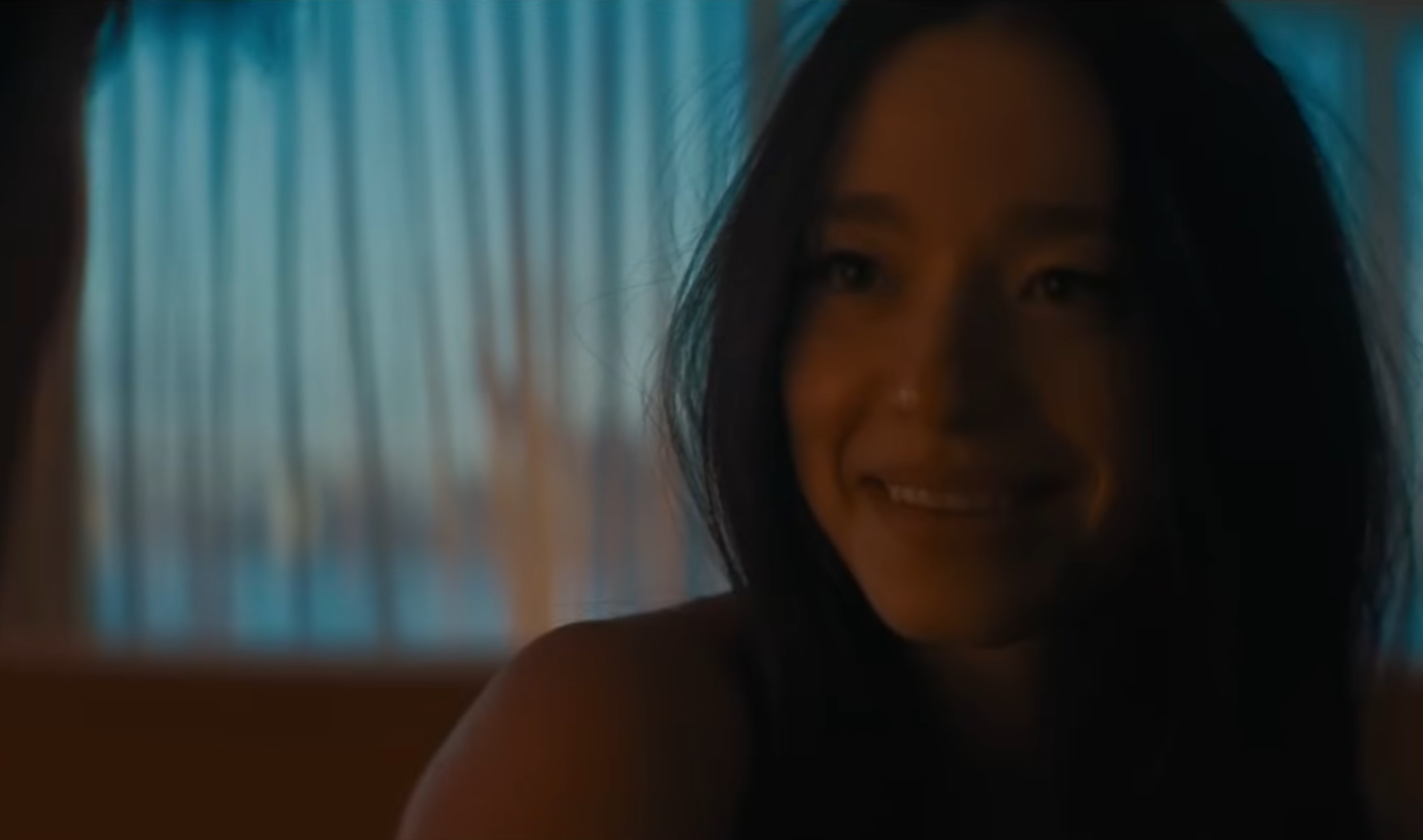Film Review: Anora (2024)
- Alex Kelaru

- Nov 15, 2024
- 2 min read
Kelaru & Fulton rating: ★★★½
Runtime: 2hrs 19 mins
I’m struggling to see all the hype around this film, especially with talk of it sweeping the Oscars. Yes, it’s a strong effort from Sean Baker—though The Florida Project remains his best work—but beyond a Best Actress nod (and potential win) for Mikey Madison, I don’t think this film quite deserves the acclaim it’s receiving.
This feels like a film that leans heavily on its lead character, which isn’t a flaw in itself, but I don’t see it as an Oscar contender for Best Picture, Cinematography, Editing, or Writing.
The story here is straightforward: Anora (who goes by Ani, more on that later) is a Brooklyn stripper who makes a decent living dancing and occasionally offering paid companionship to clients she meets at the club. Enter Ivan—a young, ultra-wealthy, and disinterested 'man-child' who pays well and seems oblivious to the world outside his privileged bubble. Anora sees him as her escape, her 'knight in shining armour' who might just take her to the fantasy life she’s dreamed of.
It’s not exactly a groundbreaking narrative and Baker doesn’t bring a fresh angle to it. Instead, the film’s strength lies in how it builds Anora into a complex, relatable character, and that’s its real highlight. Anora’s layers unfold gradually as she spends more time with Ivan, and by the time Ivan goes missing, she’s nearly confronted with her truest self: a vulnerable, working-class woman aware of her reality but constantly fighting to survive. Her use of the name 'Ani' instead of her birth name, Anora, is the first hint at her struggle with self-identity. She avoids speaking Russian, though we later learn she understands and can speak it. As the story progresses, we watch these layers peel away, leading to a powerful final scene.
But this is mostly Madison’s accomplishment, so what about the rest of the film?
The first half—focused on the growing affection between Anora and Ivan despite their vast differences—feels overly long and somewhat underwhelming, with sequences that play out more like a music video. Films like Atonement, West Side Story, and The English Patient have tackled this kind of romance more effectively. Here, we’re mostly drawn to Anora and we can sense the lack of commitment from Ivan, making the latter half of the film feel a bit predictable.
The film’s theme of class disparity is handled decently, though it’s nothing new. We’ve seen this done with more depth in films like Parasite, The White Tiger, Shoplifters, Sorry We Missed You, and I, Daniel Blake.
Where does that leave Anora? Once again, relying heavily on Mikey Madison’s performance. And Madison certainly delivers, portraying Anora with nuanced layers that make for compelling viewing. However, this brilliance fades whenever she’s off-screen; the other characters feel one-dimensional, with little in the script for the actors to work with—aside from the occasional darkly comedic moments.
In the end, this is a solid film with a 'shoe-in' for Best Actress for Mikey Madison, but Best Picture, Editing, Cinematography, Writing, and Supporting Actor awards will likely go in other directions.
%20Logo%20Black%20over%20White.png)





